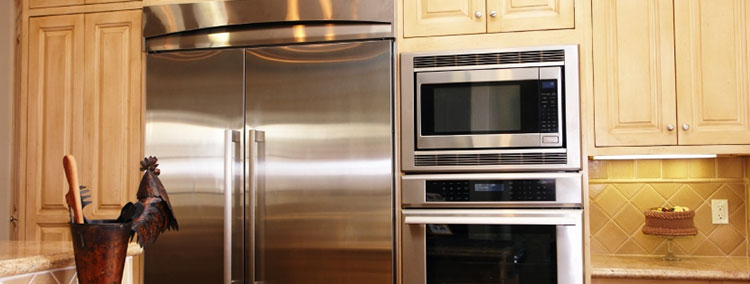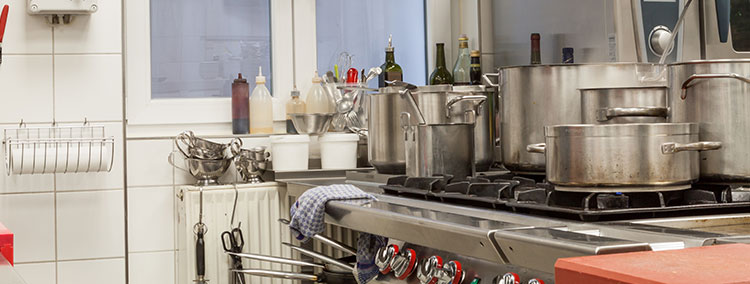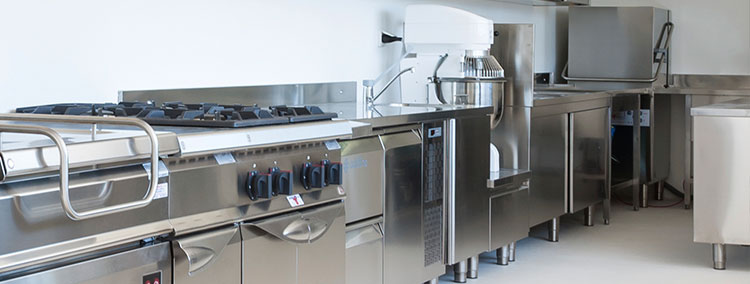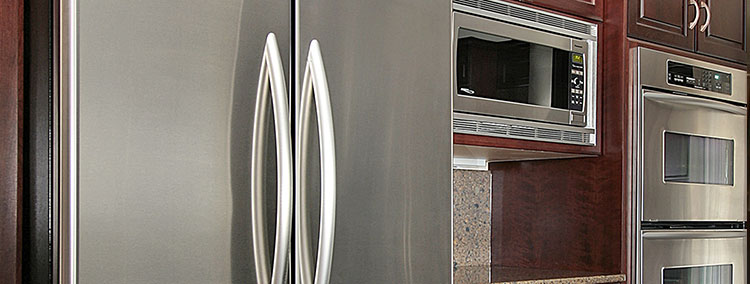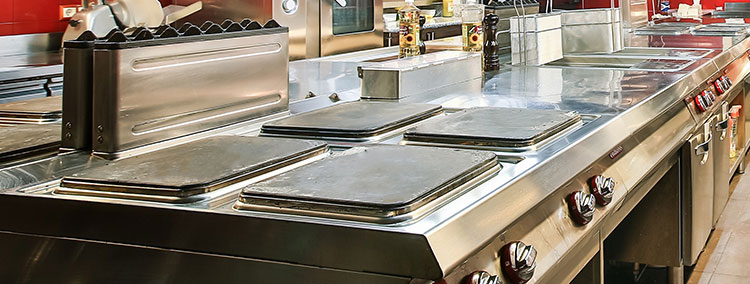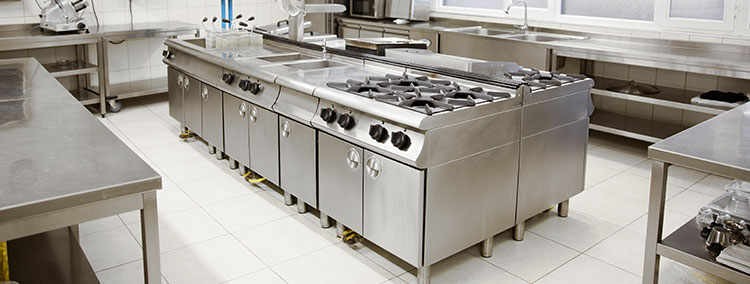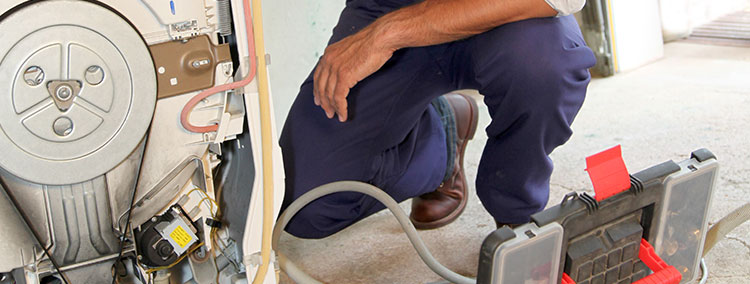How you organize your fridge goes a long way toward keeping your fridge looking clean and determining how efficiently the appliance functions and lasts. Are you wondering how to organize your fridge? Here is how to go about it the right way as given by refrigerator repair professionals:
Sort the shelves
If you are like other homeowners, you are fond of squeezing food in any available space in your appliance. This is wrong, and it’s time to change.
You should properly organize the shelves, which comes in handy in helping reduce waste as you know where everything is. There is no right or wrong way to organize your shelves—work with what works for you. If you aren’t sure about where to start, here is a guide:
Top shelf: This is the first shelf you see when you open the fridge door and is one of the warmer shelves in your appliance. You should avoid keeping any fresh meat here. Instead, designate it for leftovers, takeout, and any other stuff that you need to eat soon.
Middle shelf: Temperatures are most consistent in the middle of the refrigerator, making it the perfect place to store foods that you need to keep cold but have a lower risk of spoiling. Some of the excellent foods to keep here are: deli meats, eggs, sour cream, and soft cheese.
Bottom shelf: This is the coldest place in the refrigerator, so you should store items that spoil easily here. The best candidates are fish and meat.
It’s tempting to keep milk on the top shelf for easy access, but you shouldn’t as milk spoils easily. The best place to store it is near the bottom and back of the refrigerator.
If you are fond of forgetting items that you have tucked into the back of the fridge, stack them on a rotating organizer so that you can easily grab them and check their expiration dates.
Keep the drawers organized.
Drawers help you keep your fridge organized and hold specific humidity levels that come in handy at keeping the various foods properly preserved.
There are two main types of drawers: high and low humidity drawers.
The vegetables store best in high humidity drawers, and most fridges will have a vegetable drawer, often at the bottom. If the drawer isn’t labeled, look for one without a vent or close the vent yourself.
Some of the items you should store here are spinach, green onion, broccoli, cauliflower, Brussels sprouts, and leafy greens.
The low humidity drawer is often labeled “crisper” and has air vents, and is the best place to store the fruits that break down easily. Some of the best fruits to store here are: pears, oranges, strawberries, kiwi, grapes, and raspberries.
If your drawer doesn’t have a humidity control or air vent, keep the drawer a little cracked to create more airflow.
Make use of the door.
The door is the refrigerator’s warmest zone, and you should store items that don’t easily get spoilt. They include: mustard, sesame oil, ketchup, salad dressing, mayo, and hot sauce.
The door is also an excellent place to store wine, juice, and beer beverages.
Valuable tips when storing items in the fridge
To have a great time with the items, you store in the fridge, you need to consider several tips. These tips include:
Use clear containers: To stick to a system and keep everything in its place, you should use a few shallow clear containers. To avoid confusion, label the containers depending on the food you have stored inside and its expiration date.
Keep the fridge clean: You want to ensure that your fridge is clean. Besides dusting it daily, you should make it a habit to remove everything at the end of the week and give it a good scrub. If possible, remove the shelves and drawers and let them soak in hot soapy water.
You should then wipe the entire interior taking care not to use abrasive cleaning products that can harm the plastic.
Once you are done, appliance repair Springfield recommend you replace the shelves and drawers, then store a box of baking soda in them to help fight the fridge odors.
